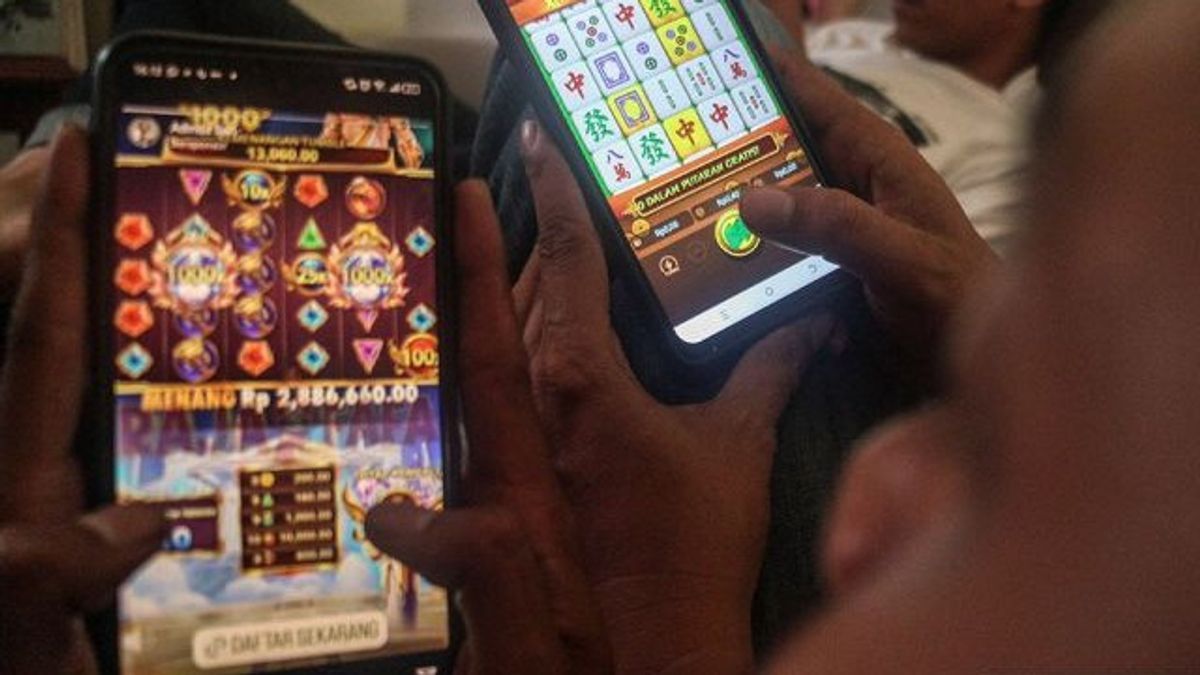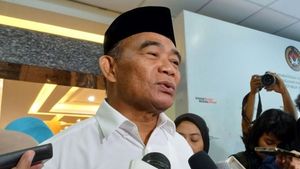Coordinating Minister for Human Development and Culture Muhadjir Effendy put forward a controversial proposal: providing social assistance for victims of online gambling. "We propose that victims of online gambling practices should also be considered recipients of social assistance," said Muhadjir as published in various media. This statement sparked sharp debate amidst the complexity of Indonesia's social problems.
In the midst of the rise of the online gambling phenomenon, this proposal opens a discussion regarding the definition and criteria for social assistance recipients which are currently regulated by Law Number 13 of 2010 concerning Social Protection. According to this law, social assistance recipients are those who meet certain criteria, including poor families, neglected children and people with disabilities. However, the Coordinating Minister for PMK's proposal seems to blur these boundaries.
Online gambling is not just a popular phenomenon in Indonesia, but has become a field of money with a transaction value reaching IDR 100 trillion in the first quarter of 2024 alone. This was conveyed by the Coordinating Minister for Political, Legal and Security Affairs (Menko Polhukam) Hadi Tjahyanto after the Online Gambling Eradication Task Force Coordination Meeting at the Coordinating Ministry for Political, Legal and Security Affairs Office on Tuesday, April 23. Via his personal Instagram account @hadi.tjahyanto, the Coordinating Minister for Political, Legal and Security Affairs also explained that the value of online gambling transactions in 2023 will reach IDR 327 trillion.
This practice not only harms individuals but also creates broader social problems, ranging from bankruptcy to mental health disorders. The Ministry of Communication and Information itself has blocked more than 800 thousand content related to online gambling, but this practice remains rampant.
Even though Muhadjir Effendy's intentions seem good, many parties question the logic and morality behind this proposal. Does providing social assistance to online gambling victims really solve the problem or does it provide the wrong incentives? Because online gambling players are not victims, but perpetrators. Online gambling perpetrators can be punished according to Article 27 of the ITE Law (paragraph 2). The punishment for those who violate is imprisonment and/or a fine.
Criticism also came from various groups who considered that this step could strengthen dependence on government assistance without addressing the root of the problem. Public reactions were varied. There are those who support the condition that social assistance is provided as part of a wider rehabilitation program. However, many are also skeptical and see this step as a contradictory and ineffective effort.
President Jokowi himself has repeatedly emphasized the dangers of online gambling which is destroying the younger generation. On several occasions, Jokowi emphasized the importance of education and strict law enforcement against online gambling practices. The Financial Services Authority (OJK) also focuses on educating the public about the dangers and risks of online gambling. This proposal to provide social assistance seems to be in conflict with the government's hard efforts to eradicate online gambling and maintain the nation's morality.
SEE ALSO:
The online gambling phenomenon not only targets the general public, but also extends to members of the TNI and Polri. Some cases involve large debts, misappropriation of funds, and even loss of life. This raises serious concerns regarding the internal discipline of national security. Will providing social assistance to online gambling victims create a bad precedent and send the wrong message?
In dealing with this problem, a more comprehensive approach is needed. The government must develop a strategy that involves digital literacy education, stricter law enforcement, and a comprehensive social rehabilitation program. Only in this way can the root problems of online gambling be dealt with effectively.
Proposals for social assistance for online gambling victims must reflect deep moral and social justice considerations. Is this step really a solution or is it a social irony that is making society's condition worse? Careful evaluation and greater caution are needed so as not to send the wrong signal to future generations regarding the country's social responsibility and legal consistency. Do we want to be a nation that forgives and helps those trapped in online gambling, or do we want to strictly enforce the law?
The English, Chinese, Japanese, Arabic, and French versions are automatically generated by the AI. So there may still be inaccuracies in translating, please always see Indonesian as our main language. (system supported by DigitalSiber.id)

















